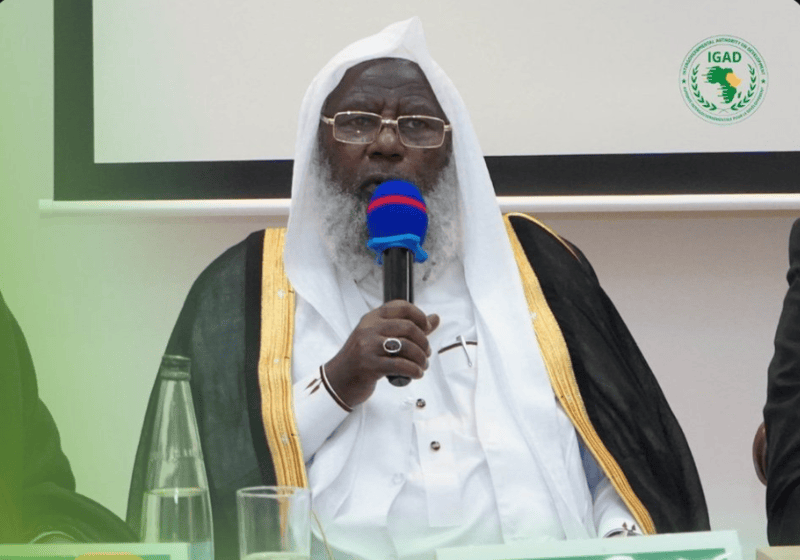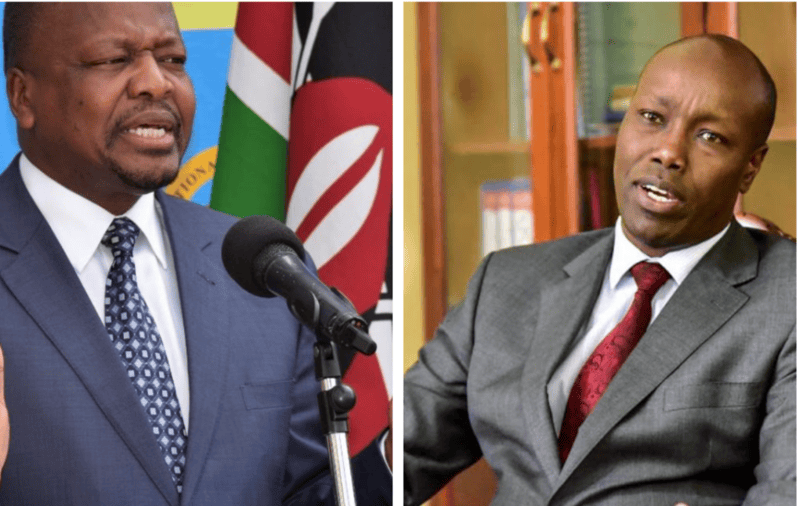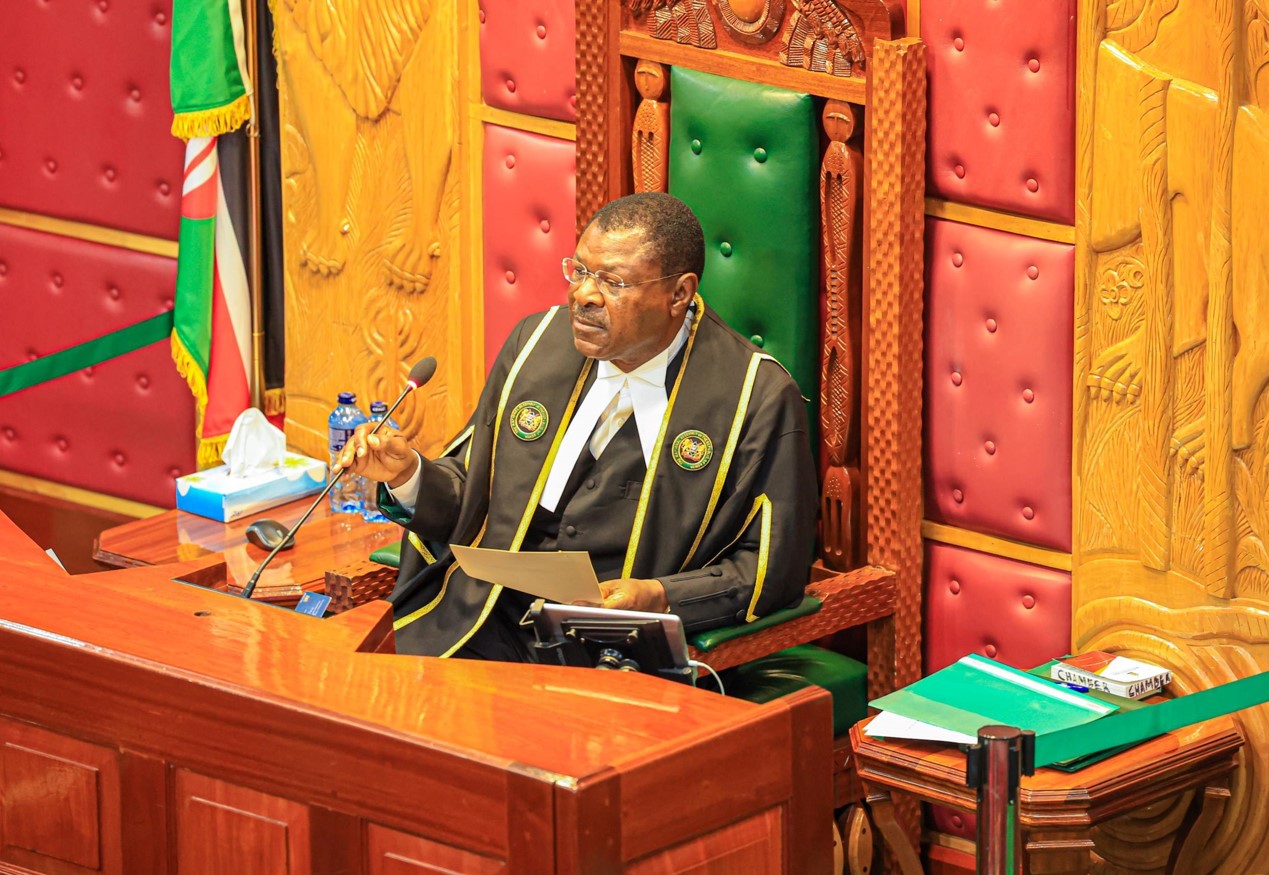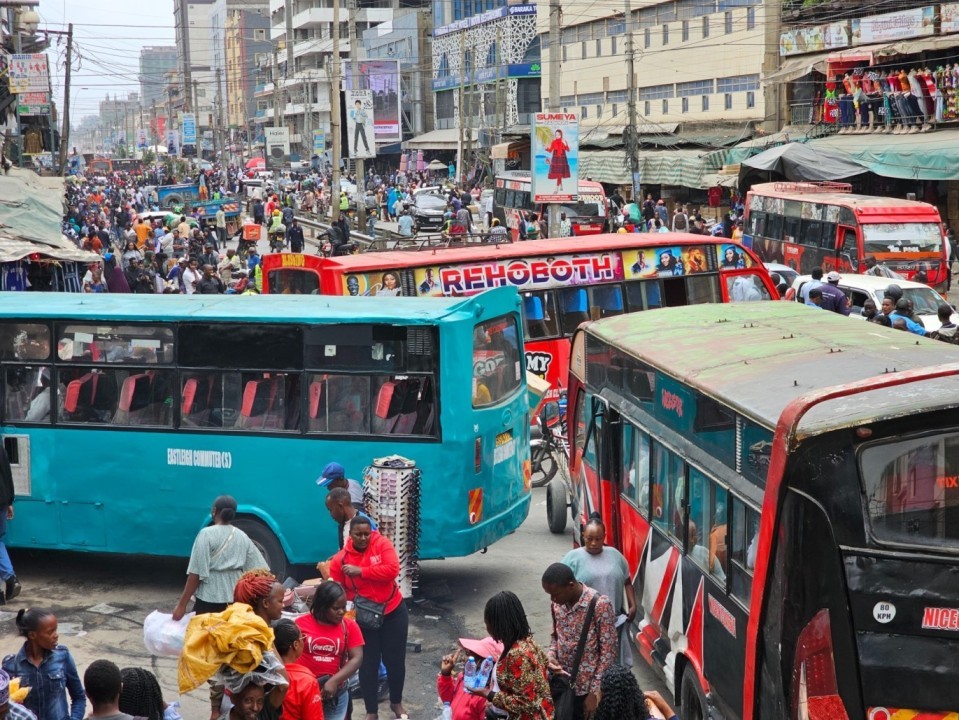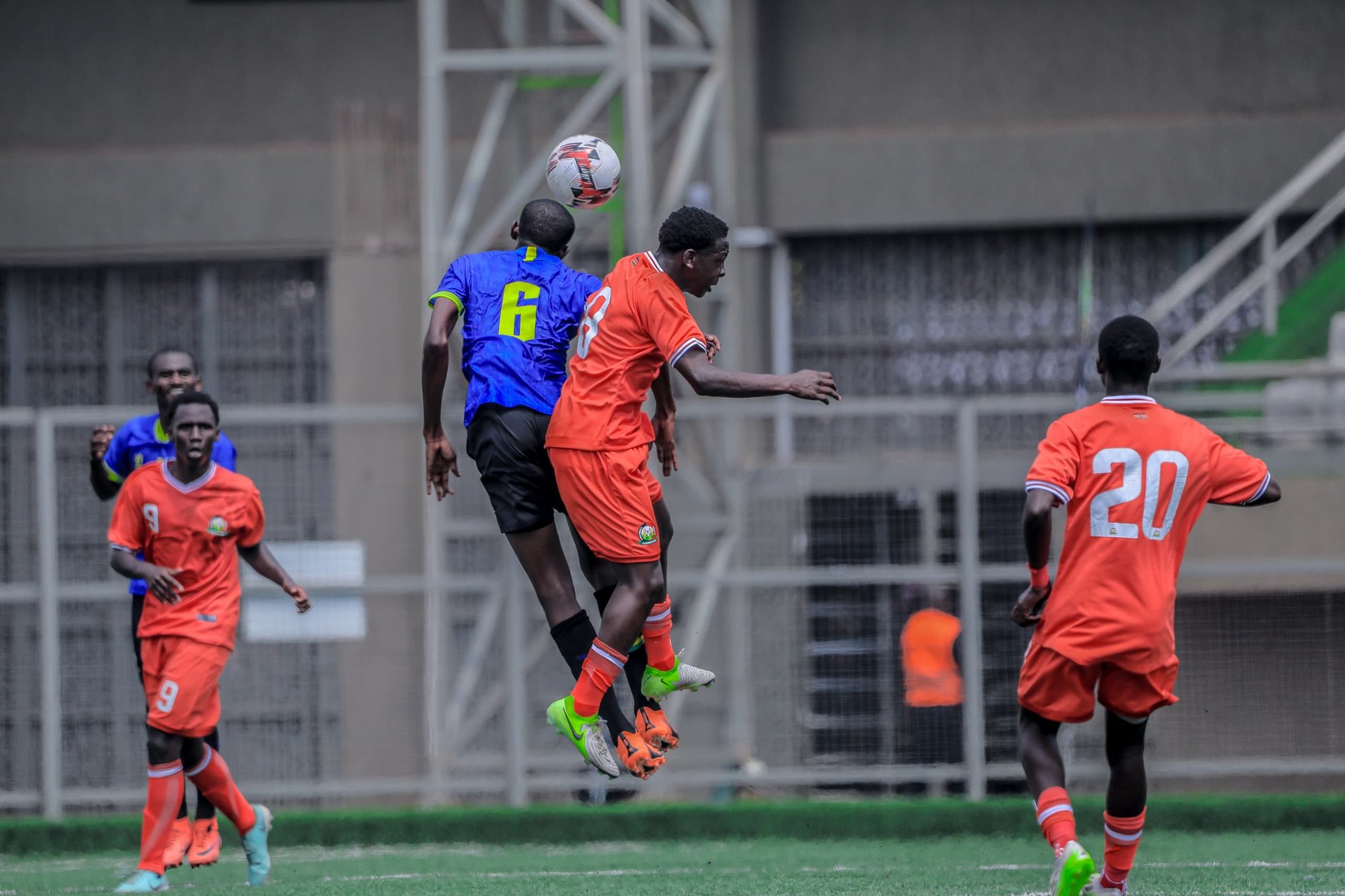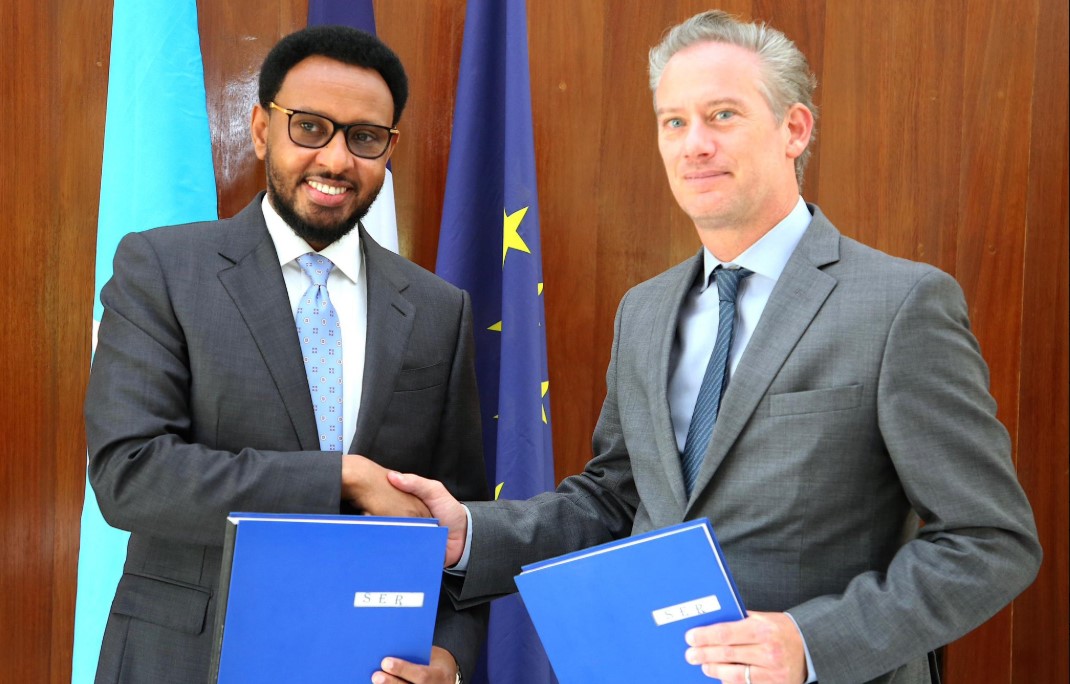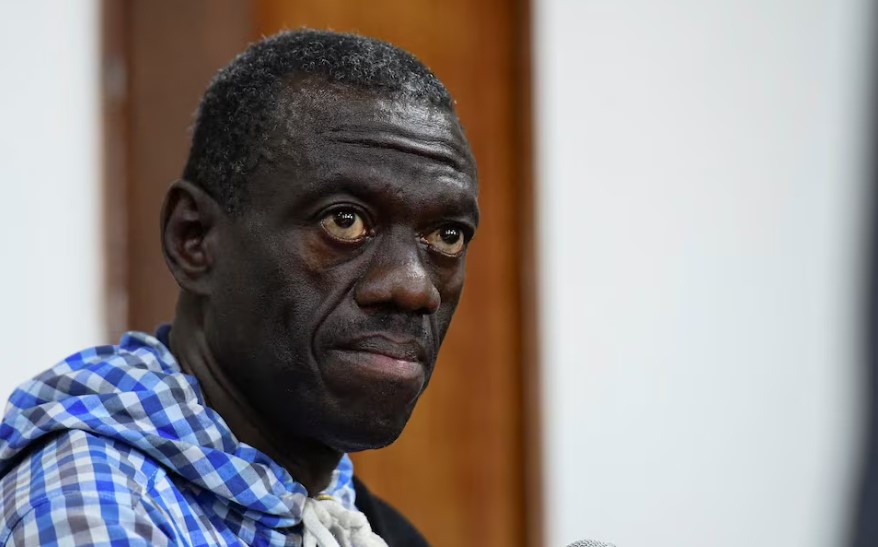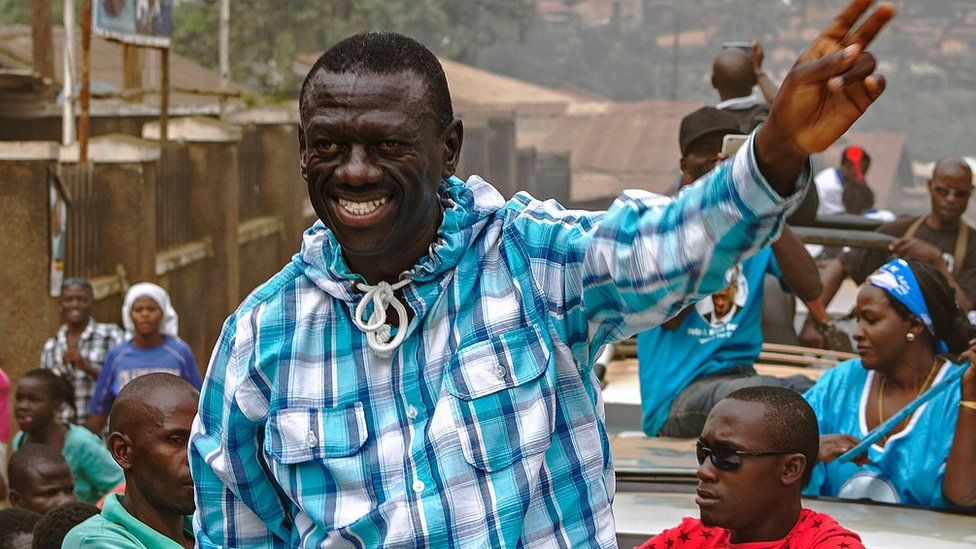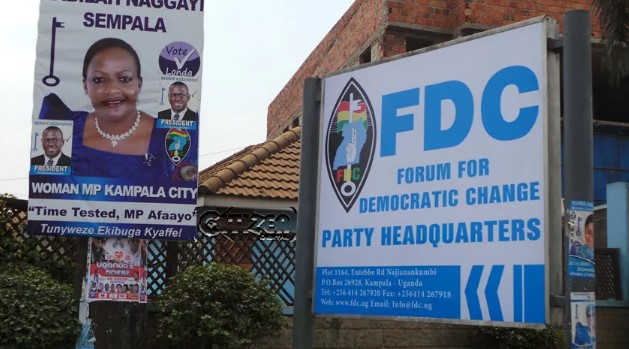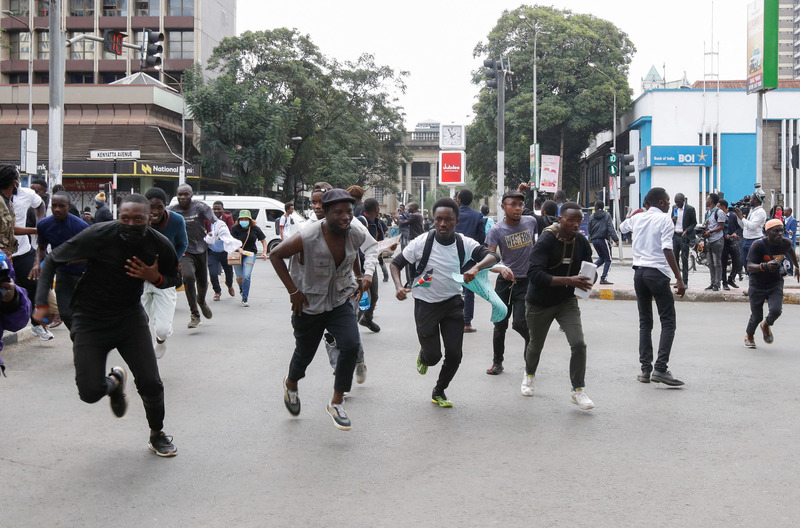Lobby groups condemn abduction of Kizza Besigye while in Kenya, terms it as illegal
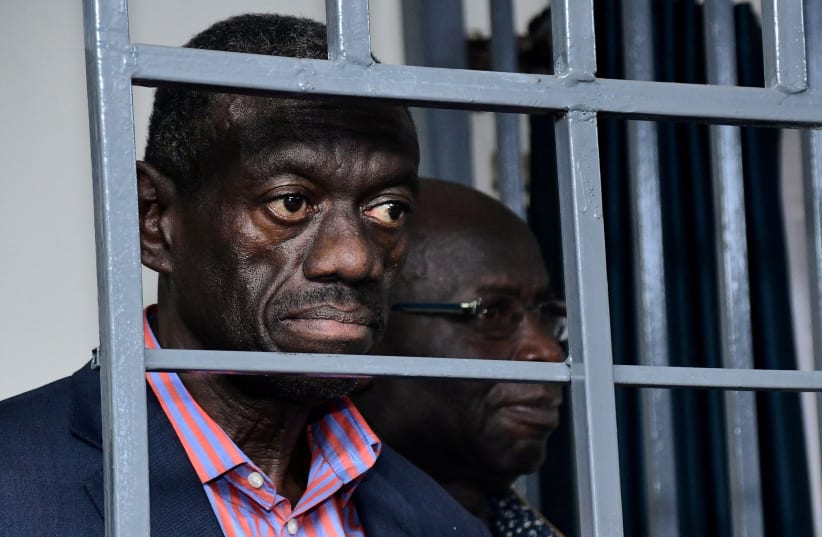
By Lucy Mumbi |
Both organisations emphasised that the abduction undermines fundamental principles of the East African Community (EAC), including Article 6(d), which promotes democracy, the rule of law, and respect for human rights.
The International Commission of Jurists (ICJ) Kenya Section and the Pan African Lawyers Union (PALU) have condemned the abduction of Ugandan opposition leader and activist Kizza Besigye, describing his forced removal from Kenyan territory and subsequent imprisonment in Uganda as unlawful.
In a statement on Wednesday, the organisations described the incident as a blatant violation of both domestic and international legal commitments by Kenya and Uganda.
Keep reading
- Kenya has moved people out of the country illegally: what the law says about extraordinary rendition
- Besigye party members arrested while marching to Kenyan High Commission to protest his 'abduction'
- Wife of Ugandan opposition figure Kizza Besigye says he won't get justice
- Uganda confirms Kenya's role in Kizza Besigye's abduction from Nairobi
ICJ Kenya and PALU raised concerns about the circumstances surrounding Besigye’s removal, pointing to the apparent complicity or negligence of Kenyan authorities.
They criticised Kenya’s National Police Service (NPS) for failing to uphold its constitutional duty to protect individuals within its borders, arguing that such actions represent a regression to authoritarian practices reminiscent of past eras in East Africa marked by state-sponsored abductions and cross-border renditions.
"Suspicious circumstances surround this operation, especially the fact that Dr Besigye was forcibly removed from Kenyan territory rather than being stopped or detained upon his return to Uganda, in violation of both countries' legal commitments under both domestic and international law," the lobby groups said.
Both organisations emphasised that the abduction undermines fundamental principles of the East African Community (EAC), including Article 6(d), which promotes democracy, the rule of law, and respect for human rights.
The incident, they said, erodes trust in regional cooperation and weakens the sanctity of individual freedoms.
Kenya, as a signatory to international human rights treaties such as the 1951 Refugee Convention and the African Charter on Human and Peoples’ Rights (ACHPR), has a heightened obligation to uphold due process and prevent forced removals.
ICJ Kenya and PALU criticised the country for failing to seize this opportunity to demonstrate leadership in human rights protection, instead highlighting systemic failures.
The organisations linked Besigye’s abduction to a broader trend of forced renditions in Kenya, including the kidnapping of Turkish nationals, South Sudanese activists, and Ethiopians, as well as the unresolved disappearances of 36 Ugandans in Kisumu.
These incidents, they argued, undermine Kenya’s image as a haven for democracy and human rights, while creating fear among political dissidents, refugees, and whistleblowers.
ICJ Kenya and PALU called for immediate accountability from both the Kenyan and Ugandan governments.
They urged the Kenyan government to reaffirm its commitment to the rule of law by launching an independent investigation into the incident and ensuring such practices do not become the norm.
"If action is not taken, impunity will become entrenched, jeopardising regional stability and the values enshrined by the international community and the EAC," the organisations said, calling on civil society and the global community to demand accountability.
They stressed the urgency of restoring Kenya’s reputation as a defender of justice and human rights in the region.
Reader comments
Follow Us and Stay Connected!
We'd love for you to join our community and stay updated with our latest stories and updates. Follow us on our social media channels and be part of the conversation!
Let's stay connected and keep the dialogue going!

